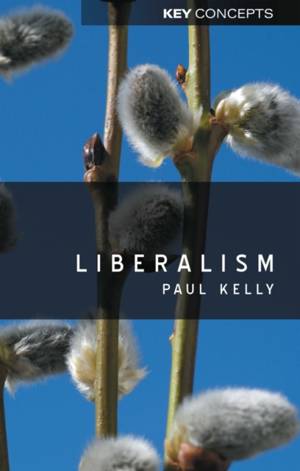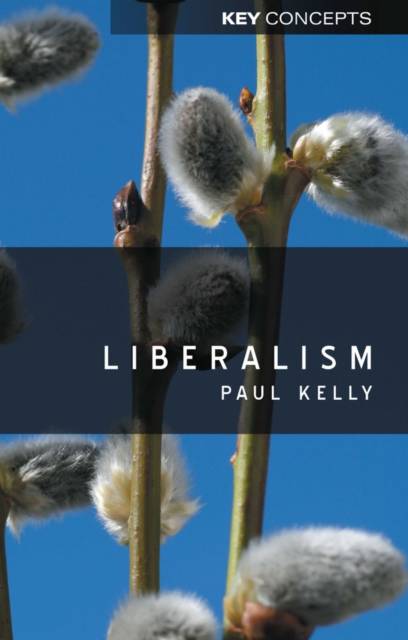
- Afhalen na 1 uur in een winkel met voorraad
- Gratis thuislevering in België vanaf € 30
- Ruim aanbod met 7 miljoen producten
- Afhalen na 1 uur in een winkel met voorraad
- Gratis thuislevering in België vanaf € 30
- Ruim aanbod met 7 miljoen producten
Zoeken
Omschrijving
Liberalism is an innovative introductory textbook exploring the dominant discourse of contemporary political theory and the core ideas that underpin it. Despite the ubiquity of liberalism there remains considerable disagreement about what contemporary political liberals believe. This book distinguishes modern political liberalism from earlier manifestations of the concept, yet shows how contemporary liberalism is derived from a long-standing historical tradition that includes John Locke, Immanuel Kant and J.S. Mill.
Contemporary liberalism combines ideas from this historical tradition to make a political theory that places at its heart the equal treatment of each person. Paul Kelly provides an overview of the basic building blocks of contemporary liberalism - contractarianism, impartiality, justice and freedom, - and introduces students to the ideas of its key theorists John Rawls, Brian Barry and Ronald Dworkin. He goes on to consider three major challenges facing liberalism today and concludes with a defence of the continuing relevance of political liberalism in the contemporary world.
Contemporary liberalism combines ideas from this historical tradition to make a political theory that places at its heart the equal treatment of each person. Paul Kelly provides an overview of the basic building blocks of contemporary liberalism - contractarianism, impartiality, justice and freedom, - and introduces students to the ideas of its key theorists John Rawls, Brian Barry and Ronald Dworkin. He goes on to consider three major challenges facing liberalism today and concludes with a defence of the continuing relevance of political liberalism in the contemporary world.
Specificaties
Betrokkenen
- Auteur(s):
- Uitgeverij:
Inhoud
- Aantal bladzijden:
- 184
- Taal:
- Engels
- Reeks:
- Reeksnummer:
- nr. 2
Eigenschappen
- Productcode (EAN):
- 9780745632919
- Verschijningsdatum:
- 12/11/2004
- Uitvoering:
- Paperback
- Formaat:
- Trade paperback (VS)
- Afmetingen:
- 150 mm x 216 mm
- Gewicht:
- 267 g

Alleen bij Standaard Boekhandel
+ 72 punten op je klantenkaart van Standaard Boekhandel
Beoordelingen
We publiceren alleen reviews die voldoen aan de voorwaarden voor reviews. Bekijk onze voorwaarden voor reviews.











